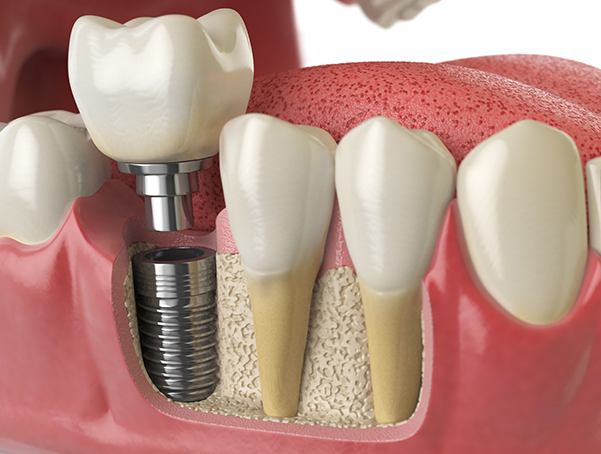Cavities – Treatment and Prevention at Lawrence Park Dental
Cavities are one of the most common dental issues. In fact, tooth decay, the disease that causes cavities, is the second most common disease (the first is the common cold). Cavities are usually a source of anxiety for people.
We worry about getting them and having them treated. But they really aren’t something to cause great upset. With proper hygiene and dental care, cavities can be limited and treated—and often with no pain or discomfort.
The First Step
The first step in dealing with cavities is to know your risk. Regular dental examinations and hygiene appointments should set you on your way to preventing cavities. Our top tip for cavity prevention is dental hygiene. Brushing and flossing your teeth regularly and using proper brushing techniques can cut your risk of developing cavities.
Who doesn’t want that? It is so simple: brushing helps get rid of the bacteria that causes tooth decay. These harmful bacteria feed on the sugars in the food and drink we consume. They leave behind a biofilm known as plaque. Left on its own, plaque builds up on teeth and below the gum line, eventually leading to tartar. Biofilms become acidic and cause tooth decay, or cavities. Brushing and flossing at least twice a day and using a fluoride toothpaste, will significantly lessen cavity risk.
How to Brush
At Lawrence Park Dental in North York, we recommend patients use a soft-bristled toothbrush, moving the brush back and forth in short strokes. Some people prefer using an electric tooth brush which can be timed for a solid two minutes of brushing.
It’s a short amount of time to save money and emotional energy in the future. Your dental hygienist can give you advice on proper brushing and hygiene and also they can show you some different tools to be used to help you out.
Why Cavities?
Even with proper care, cavities do sometimes happen. They are more common in children, who are more likely to neglect the care of their teeth, but older adults are prone to them too. As we age, our gums recede and this exposes tooth roots to plaque. Teeth will also be more sensitive to hot and cold liquids and foods.
Older cavity fillings may also weaken and fracture, leading to bacteria accumulation in the tiny fractures, and more decay. The cavities that form around these fillings are considered “recurrent”.
Checking for Cavities
At your regular dental appointments at Lawrence Park Dental in North York, your dentist will check your teeth for signs of decay. We do this by visual exam and through X-rays. The X-rays allow us to zero-in on a problem and determine whether it needs immediate attention or monitoring.
Our ultimate goal is to help you achieve your healthiest smile. Our office is conveniently located at Yonge and York Mills subway station. We are growing and accepting new patients from North York and Toronto. Give us a call today to schedule your dental appointment.











